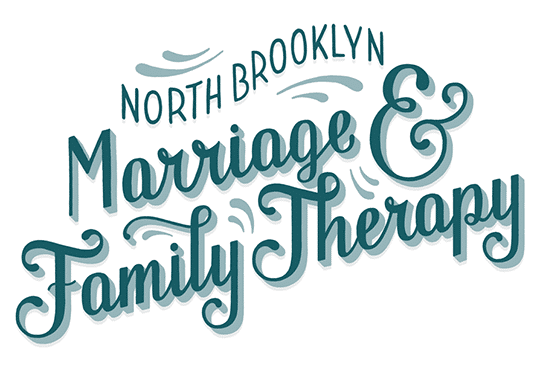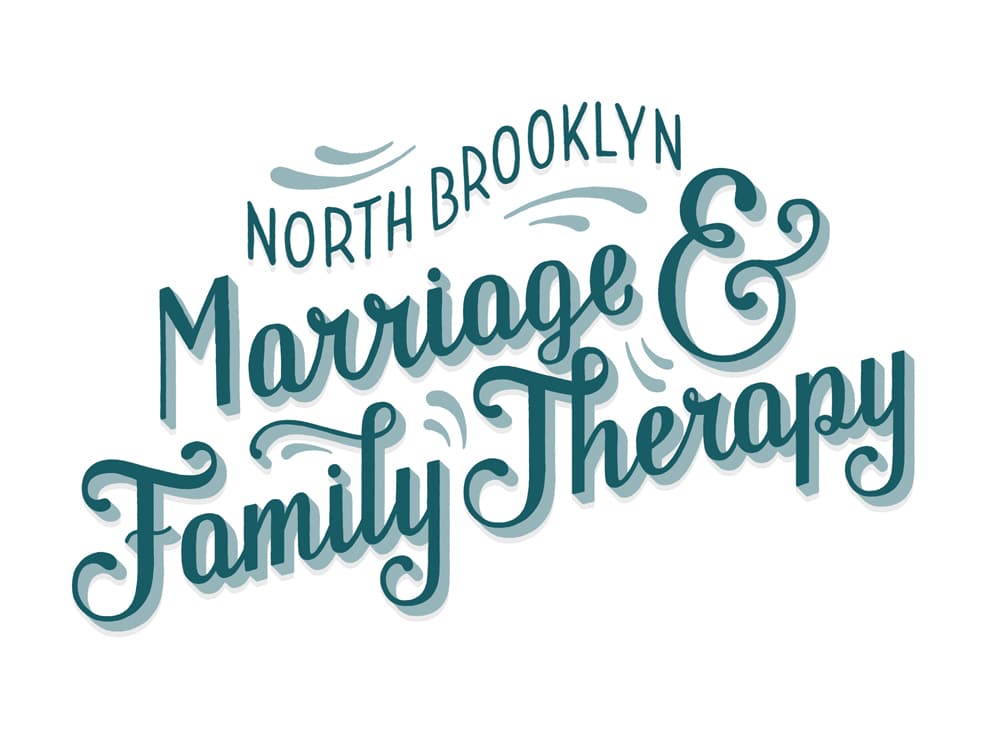Drug and Alcohol Counselor
When you have a loved one who is struggling with the debilitating ailment of addiction, it’s tough to know who and where to turn. Choosing the right drug and alcohol or addiction counselor can be the difference, literally, between life and death.

- First and foremost, check their credentials to see if they are who they say they are. Make your prospective counselor has an associated degree of the professional discipline from an accredited educational institution. The professional you see should also be licensed, and the license should be current and clearly indicated on his or her website or profile listing.
-
Determine what expertise the person has in the field of addiction.
This can be daunting because, across disciplines, there is no standardized way of determining one’s expertise in addiction. Moreover, addiction counselors may have a certification through a state board, yet they may lack the background and training that a psychologist receives in mental health issues.
-
Research online reviews.
It’s easy for a counselor to talk up him or herself, but what do other people have to say about his or her services? There are excellent therapists who don’t yet have reviews online, perhaps because they haven’t had an online presence. To combat a lack of internet presence, many professionals will have colleagues write reviews for them.
-
Understand the type of treatment the professional utilizes.
Review the professional’s website and other sites where his or her practice might be listed to get an idea of his or her treatments. You’ll want to be sure your therapist or drug counselor is knowledgeable about the most up-to-date evidenced-based treatment approaches. If this information is lacking online, don’t hesitate to contact the counselor directly and ask about the treatment the professional uses that is evidenced-based, 12-step facilitation or motivational interviewing.
-
Have a phone conversation to determine an initial connection.
If you feel some sort of connection to your addiction therapist, that’ll make an in-person meeting much more comfortable for both parties. It’s completely appropriate to notify the potential professional that you’re still shopping around for a counselor that fits you personally. Not only are you gauging the relationship, but your therapist or counselor may be vetting you as well. This also allows the therapist to gauge whether you’re a good fit for him or her, and if not, to offer a referral to someone else who may be able to help.
-
Make a follow-up appointment so you can meet the counselor face-to-face.
This’ll help you determine if your initial instincts were correct. It’s also reasonable to meet once or twice before you decide whether to commit to working with the professional full-time. Most important, you’re looking for someone you personally connect with. You and the professional should be on the same page in terms of treatment and progress.
It goes without saying, you’re looking for someone who you believe can assist you in your journey back to physical and mental health. At North Brooklyn Marriage and Family Therapy, we have drug and alcohol counselors that are trained to assist you in repairing relationships affected by your addiction. They can prepare comprehensive treatment plans that will give you the confidence to begin living life without the weight of addiction holding you back. Contact us today at our Greenpoint or Williamsburg location, and find the right addiction counselor for you or a loved one.


